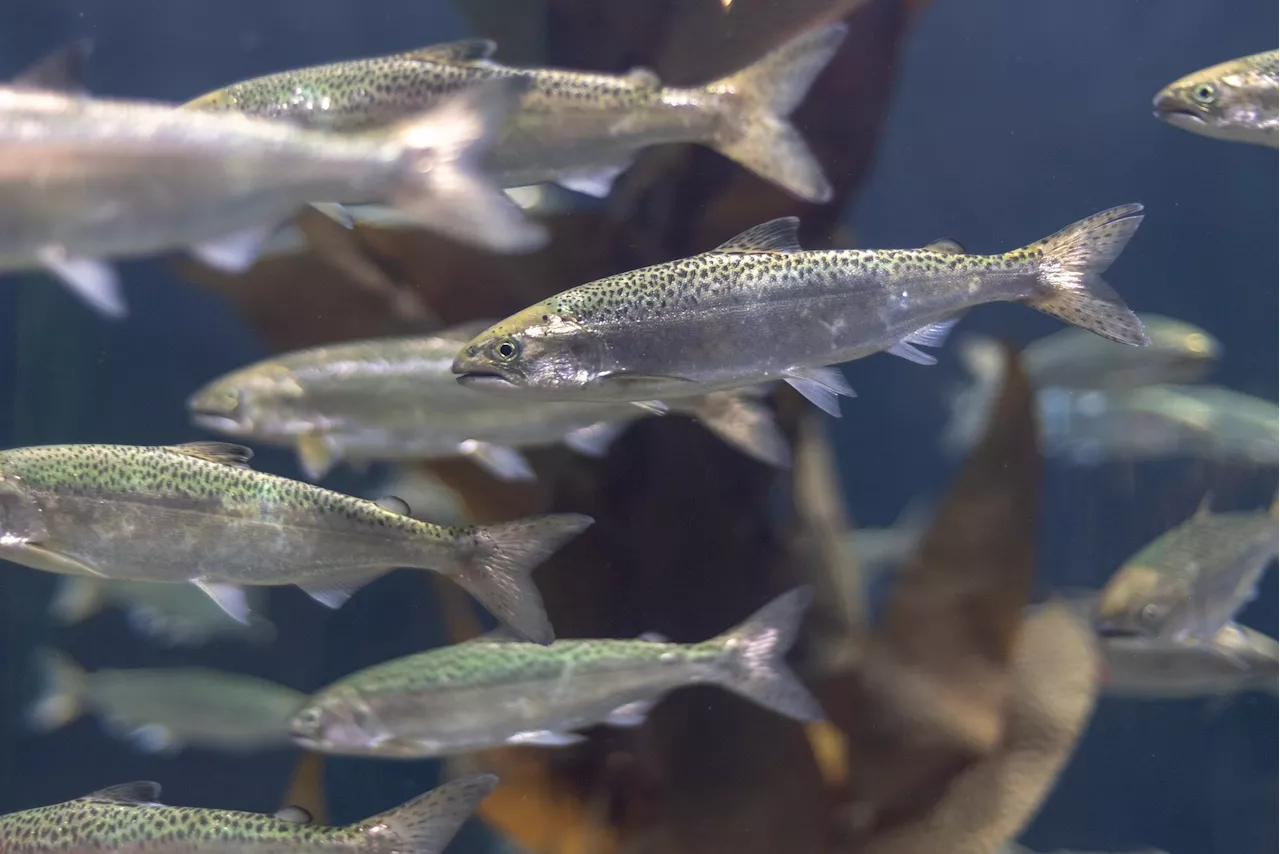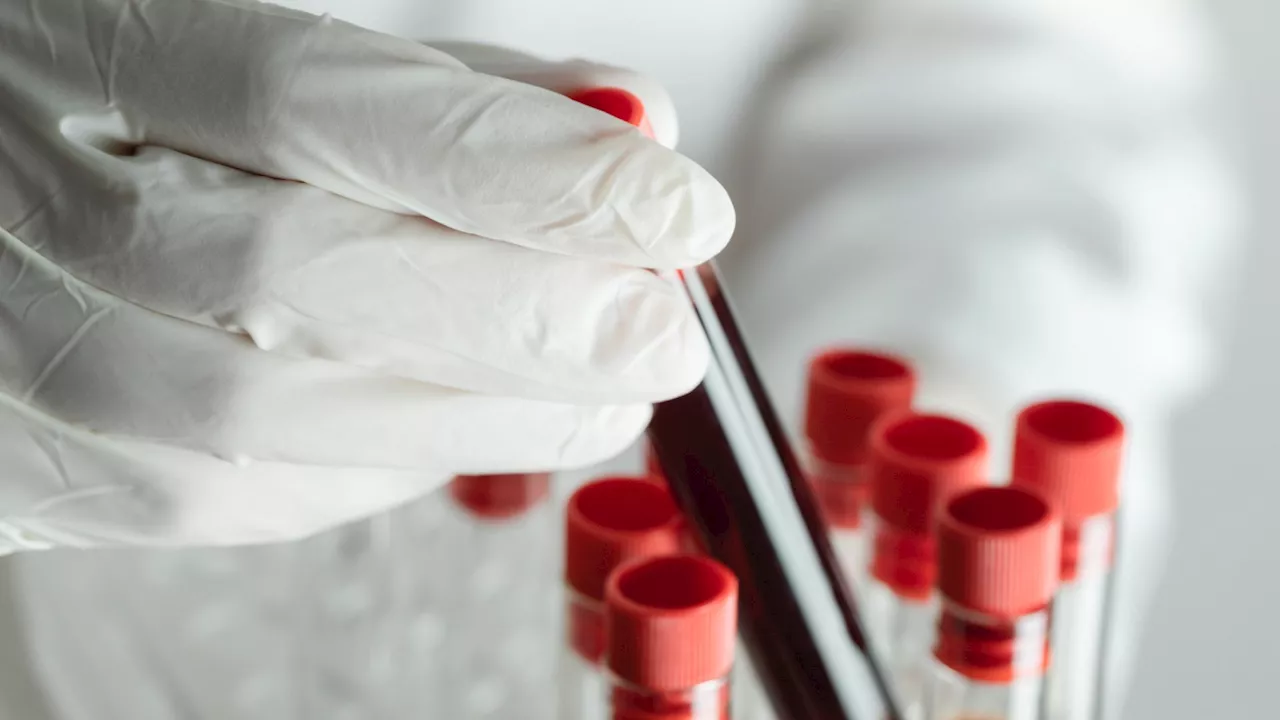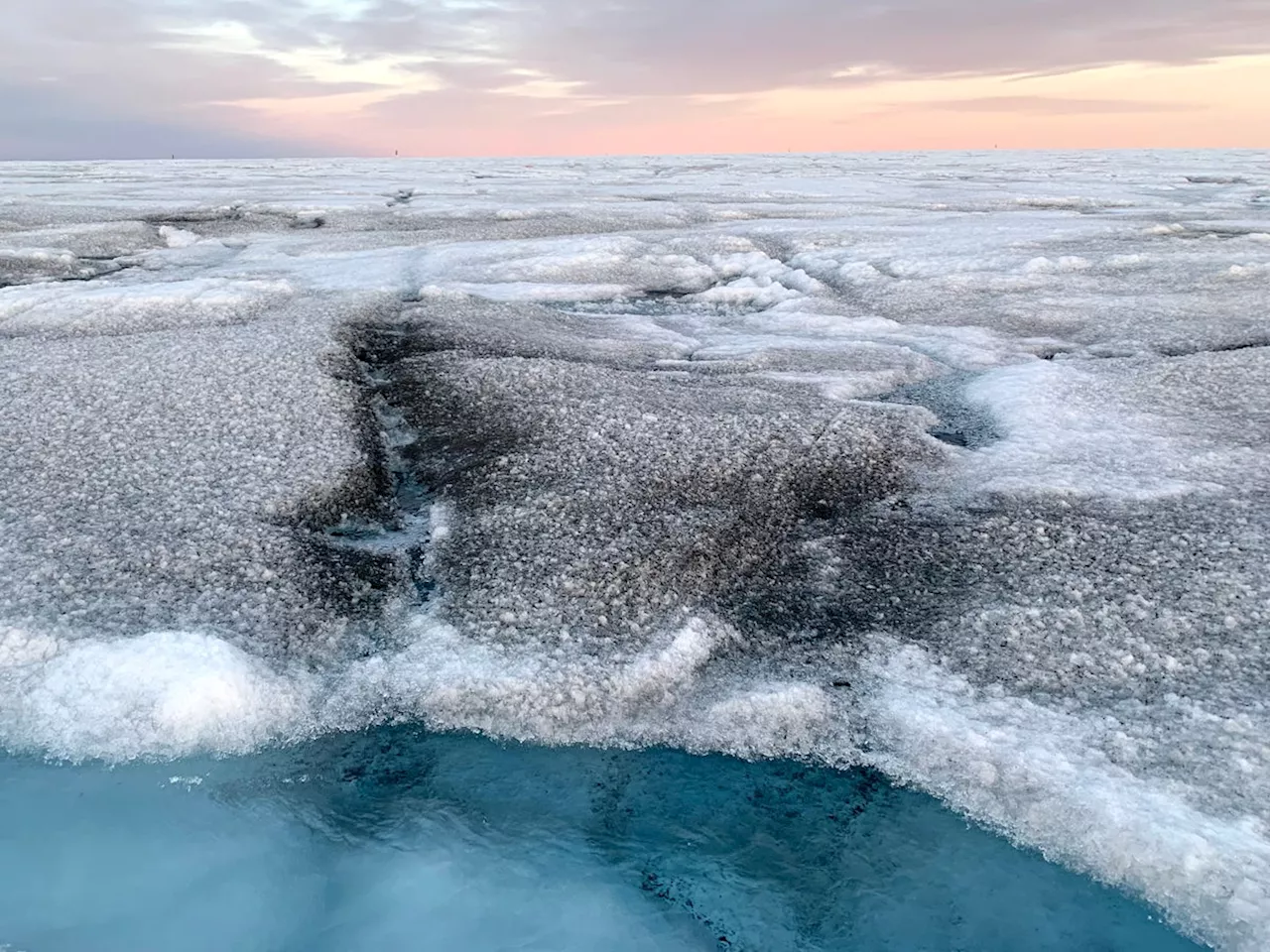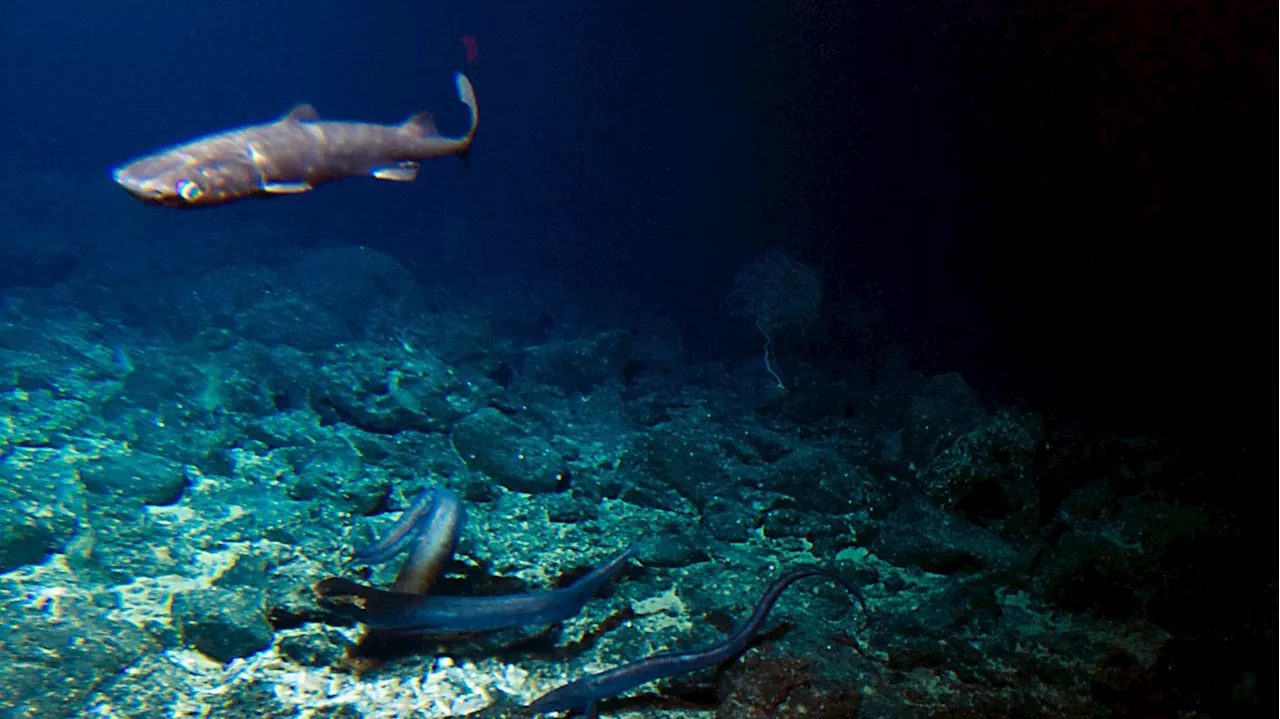It has long been understood that photosynthesis creates oxygen, but researchers believe they've found oxygen being created in parts of the ocean with no light.
A deep sea shark and several eels are attracted to bait placed at the summit of the Cook seamount, as seen from the Pisces V submersible during a dive to the previously unexplored seamount off the coast of Hawaii's Big Island on Sept. 6, 2016.Researchers scouring the lightless landscape of the Pacific Ocean floor think they've observed"dark oxygen" being created there, potentially challenging commonly held beliefs about how oxygen is produced on Earth.
"The conventional view is that oxygen was first produced around three billion years ago by ancient microbes called cyanobacteria and there was a gradual development of complex life thereafter," said the director of the Scottish Association for Marine Science, Nicholas Owens, in the news release."The potential that there was an alternative source requires us to have a radical rethink.
Seawater can be split into hydrogen and oxygen with 1.5 volts of electricity, which is the amount in a AA battery. Researchers found that some of the nodules possessed as much as 0.95 volts of electricity, and multiple nodules together produced even higher voltages.Polymetallic nodules contain metals such as manganese, nickel and cobalt, which can be used to make the lithium-ion batteries used in consumer electronics, appliances and electric vehicles.
But he also said that mining would have to be conducted in a way that did not eliminate oxygen for life forms in that part of the ocean.
United States Latest News, United States Headlines
Similar News:You can also read news stories similar to this one that we have collected from other news sources.
 Alcohol Blackouts May Permanently Alter Your Brain, Scientists WarnThis can translate into lower-than-expected performance in school/work or in an inability to form social relationships.
Alcohol Blackouts May Permanently Alter Your Brain, Scientists WarnThis can translate into lower-than-expected performance in school/work or in an inability to form social relationships.
Read more »
 Indigenous data sovereignty can help save British Columbia's wild salmonNon-Indigenous scientists increasingly realize that Indigenous data are key to solving today's environmental challenges.
Indigenous data sovereignty can help save British Columbia's wild salmonNon-Indigenous scientists increasingly realize that Indigenous data are key to solving today's environmental challenges.
Read more »
 US scientists propose blood-powered lab-on-a-chip device for real-time diagnosisThe diagnostic device leverages nanotechnology and microfluidics for rapid, on-the-spot testing, which could detect disorders more efficiently.
US scientists propose blood-powered lab-on-a-chip device for real-time diagnosisThe diagnostic device leverages nanotechnology and microfluidics for rapid, on-the-spot testing, which could detect disorders more efficiently.
Read more »
 Scientists Identify Key Pathway for Brain Health Boost via Ketogenic DietScience, Space and Technology News 2024
Scientists Identify Key Pathway for Brain Health Boost via Ketogenic DietScience, Space and Technology News 2024
Read more »
 Giant Viruses Discovered in Arctic Ice Could Slow Sea-Level RiseScientists recently discovered giant viruses infecting algal blooms that dot the Greenland ice sheet
Giant Viruses Discovered in Arctic Ice Could Slow Sea-Level RiseScientists recently discovered giant viruses infecting algal blooms that dot the Greenland ice sheet
Read more »
 Flipping a famous fossil around reveals our earliest vertebrate ancestor, scientists sayResearchers have long puzzled over the peculiar innards of an ancient sea creature. A new study says scientists were looking at the Pikaia fossil the wrong way.
Flipping a famous fossil around reveals our earliest vertebrate ancestor, scientists sayResearchers have long puzzled over the peculiar innards of an ancient sea creature. A new study says scientists were looking at the Pikaia fossil the wrong way.
Read more »
